
Basic Sciences |
Applied Sciences |
Other Important Areas of Study |

| In order to understand the functions of cells, energy production, and force generation on must first have an understanding of the fundamentals of biology and chemistry.This may include basic chemistry, organic chemistry and biological chemistry. Human movement is generated through biochemical means, and energy intake and metabolism is also a chemical process. | 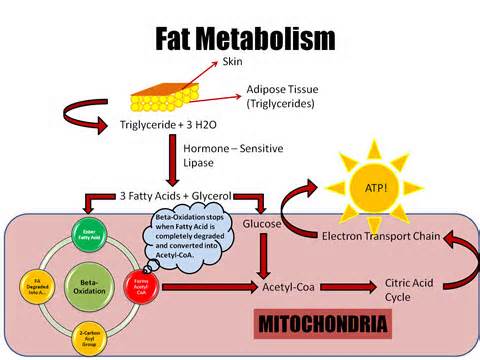 |
| Movement comes about by transferring the energy of metabolism to the contractile force of muscles, pulling on bones. Therefore a basic understanding of the anatomy of the muscles, bones and organs is essential. | 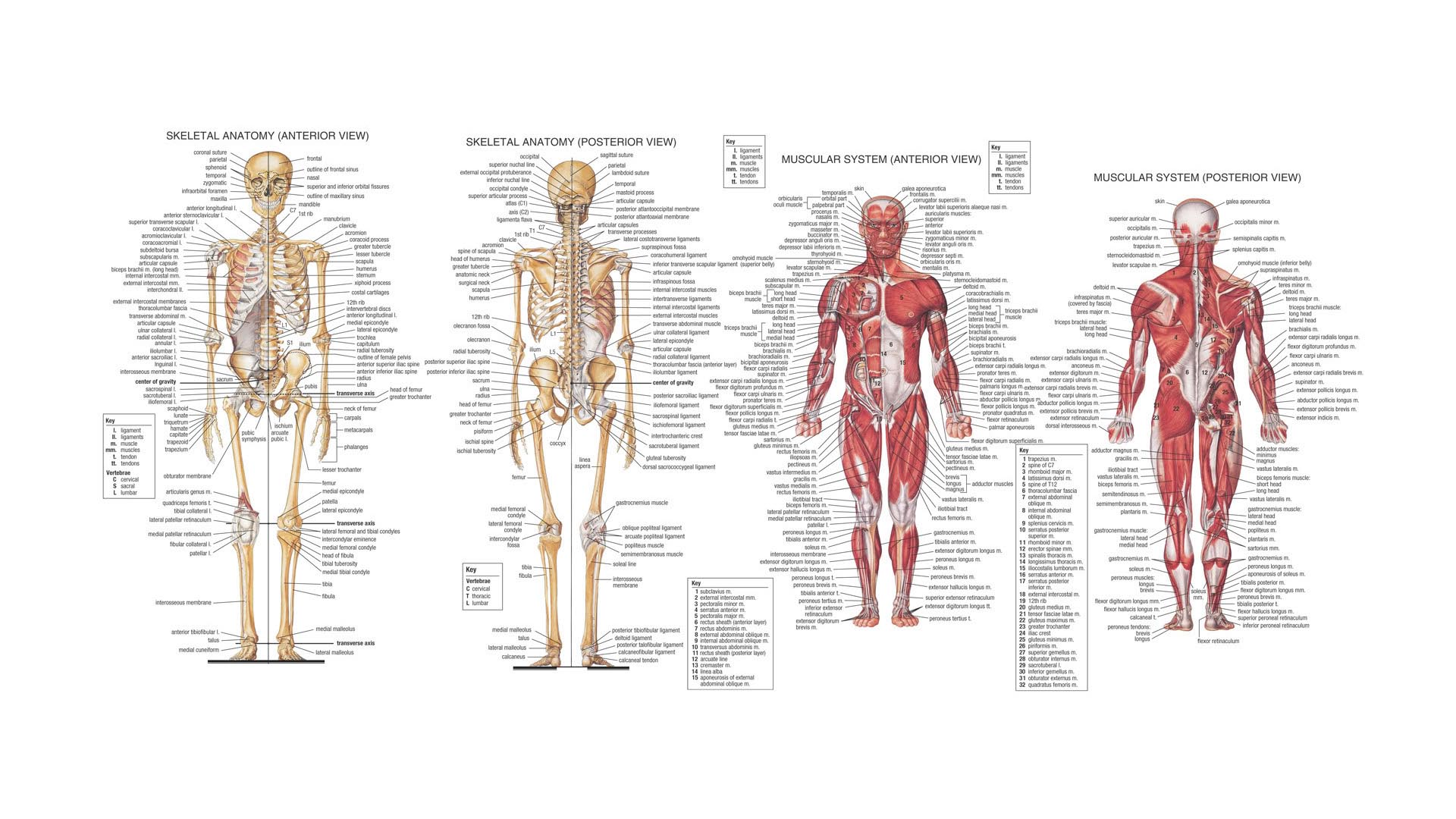 |
| The body is a complex array of different systems designed to work in harmony to support life. The systems include the cardiovascular, musculoskeletal, endocrine, immune, integumentary, reproductive, urinary,nervous, GI and respiratory. All of these systems are affected during ghre acute phases of exercise, and also change as a result of chronic training. Understanding how they work while at homeostasis is a starting point to understanding how they change during movement. | 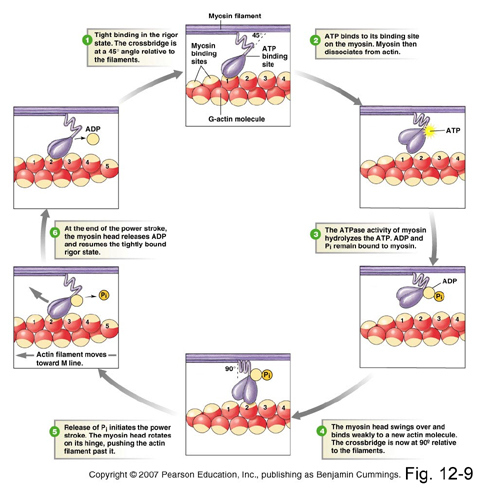 |
| The mind and central nervous system influences all of the systems of the body. Our behaviors and responses are also controlled by the brain. Understanding how humans respond to stimuli, how we learn, how we change behavior... and many other aspects of human psychology are essential to understand if we are to work with clients interested in changing their health and well being. |  |
| Since the human body is not like the sun (and can't generate its own energy) we must consume the necessary nutrients to support cellular function. Which nutrients? How do these nutrients affect the body? What if there are deficiencies, overconsumption? How might nutrition be used to enhance movement performance? Basic nutrition is essential to learn before one can approach the use of nutrition and performance. | 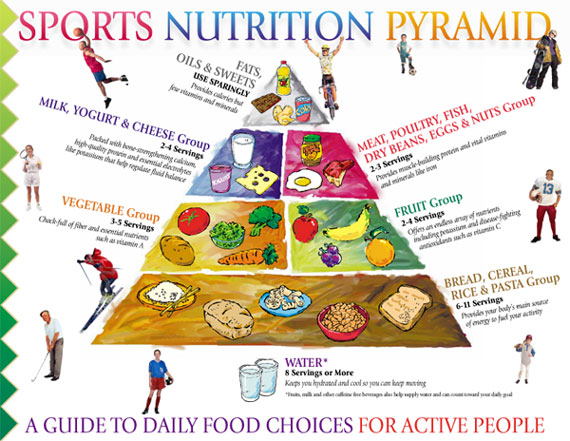 |
| Can you tell what a car can do when it
sits at idle? NO! Likewise, only understanding anatomy and physiology
of the body at rest does not provide information about how the body
response to acute bouts of exercise. Low intensity? High intensity,
heavy loads? High altitude? High pressures? Cold? Hot?.. what about
different nutritional conditions? Different health situations? WOW! It
is very complex. In addition, chronic training actually results in changes to the various systems of the body, depending on the type of training. Exercise physiology is the study of these acute and chronic changes in all of the physiological systems of the body as a result of movement/exercise. |
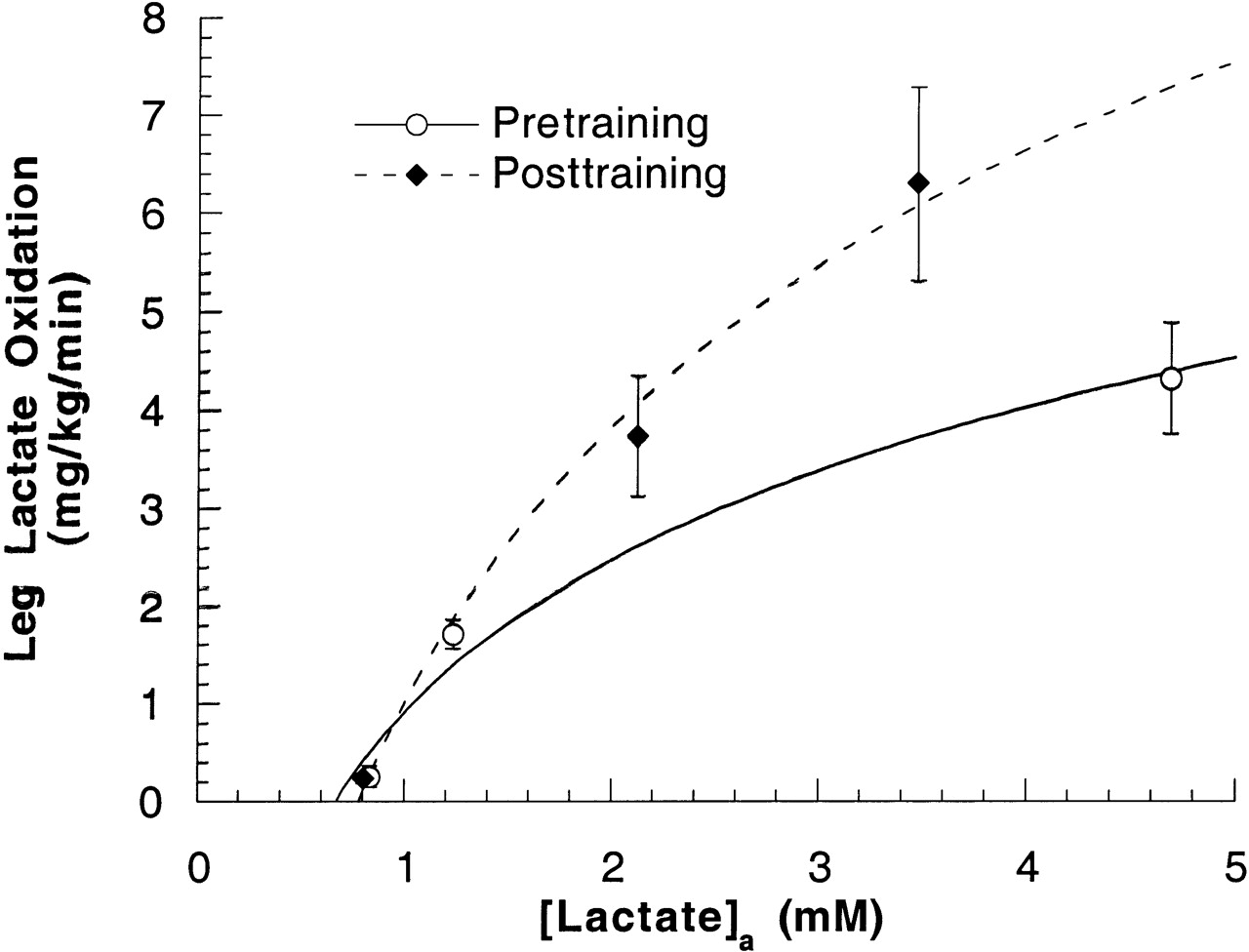 |
| Our bodies move by applying force to another surface, creating an opposition force. Since we have muscles pulling on bones, and joints moving through a range of motion, farces are distributed across the body, and will vary depending on body position, and how we are activating our muscles. Biomechanics studies the forces during movement, and how these forces impact the body, as well as human movement. One could study gait for efficiencies, or loads during carrying tasks, of perhaps the best show to both minimize forces on the knee while still providing rebound for movement. The list is endless! | 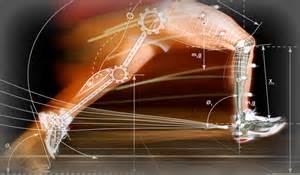 |
| Simply understanding the basic guidelines of nutrition is not adequate to be able to work with clients with different needs or conditions. Diet recommendations for diabetics? recovering bariatric clients? what about weight lifters? Marathon runners? Do clients know how to read food labels when they shop? Are there ergogenic aids that enhance performance? Are any dangerous? Useless? | 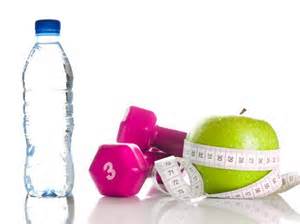 |
| In order to understand the range of physiologic responses of the human body, you need to move the body! Understanding how to perform baseline health assessments and screenings, questionnaires, as well as actual physiologic tests is essential. Strength, flexibility, balance, strength, aerobic fitness, anaerobic power and also early detection of diseases such as heart disease is part of the daily job of an exercise scientist. You need both the knowledge and the skill involved with the tests. | 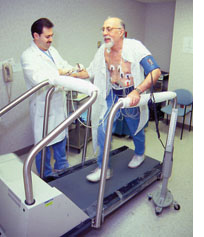 |
| Athletes perform at the etremes of both environmental conditions as well as physilogic intensities. Assessing heir performance parameters are important for finding gthe top athletes and moonitoring their progress as they train. These tests may be similar to thos done on the lest fit, but protocols are more intense, and skills are required in administering the test as well as the knowledge required for understanding the responses. |  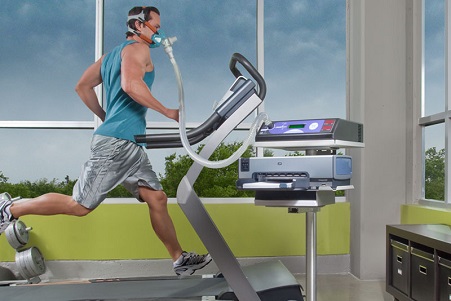 |
| Once you have all of the information on a client, along with their goals, you can begin to design appropriate exercise plans. Exercise "prescription" is both an art and a science, using the guidelines established by science, and modifying based on each unique individual. You need to be a critical thinker, adaptable and flexible in how you create programs. Anyone you who simply say "train like me", probably has no clue why they are even training that way. The exercise science professional would have a science foundation and proper information to make the prescription. | 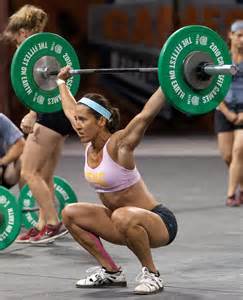 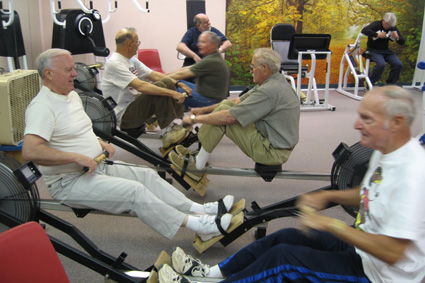 |
| Adding to the complexity of exercise prescription is any underlying condition that the client may have. Exercise is being used as a therapy to help improve their condition. Conditions like : osteoporosis, diabetes, heart failure, stroke recovery, obesity, high blood pressure, alzheimers, parkinson's disease and many more. Therefore you need the clinical background an familiarity with the conditions, and the exercise prescription adaptation ability to tailor training programs. |  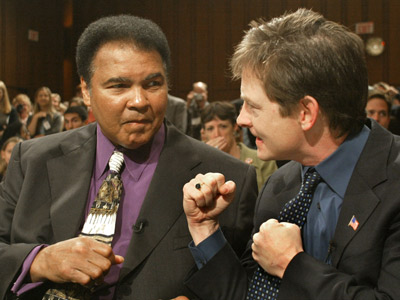 |
| Since movement is one of the best therapies the body can ever do, there are a wide range of group exercise activities that you may lead. Aerobic dance, spinning, body sculpting, Zumba... and a huge range of other classes. Experience leading group exercise is an important skill to have in your toolbelt of qualifications. | 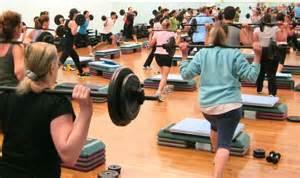 |
| One underlying tool within the scientific method is to use statistical analysis to help us understand relationships (correlation) and differences (t-test) between or among variables. Basic statistics help us understand when true effects are seen and when it is simply anecdotal changes that have no way to assess true effects | 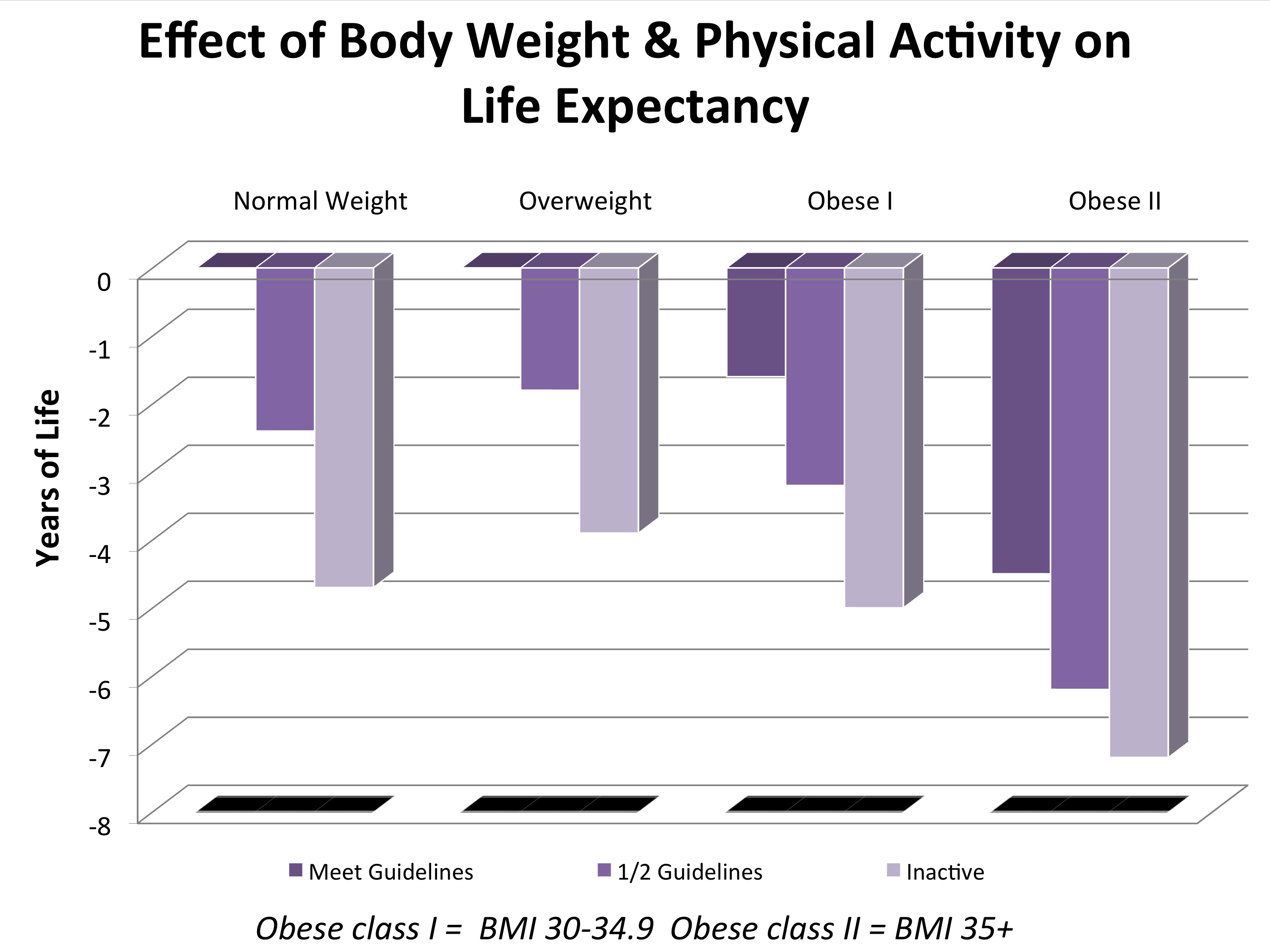 |
| As the fitness professional, your job will be to serve as the link between the scientific research and useful information for the public. Therefore you must understand how research is conducted, analyzed and how results can be generalized based upon the design of the study. The world is filled with ignorance and misunderstanding regarding health and fitness. You will serve as a candle among the darkness of the ignorance (to quote Carl Sagan). |  |
| We live in a culture that seems to value earning income more than maintaining their own body! This has resulted in a population bound by disease, diabetes, obesity and a host of health issues. These are mostly caused by lifestyle behaviors (diet, exercise). Changing behaviors to one that promotes a healthy body is quite challenging. Courses and experience working with people to help them change behavior is a must! |  |
| Exercise Science covers a wide range of career opportunities. Choosing the internship needs to come from a position of experience, not ignorance. Fieldwork or observation opportunities provides the students a change to see what careers are like in clinical (cardiac rehab, PT,OT,PA) , corporate wellness, commercial fitness, biomechanics and sport performance. This will give them a broader perspective of the career opportunities and better inform their internship selection. |  |
| "How do I get experience for the job if know one will hire me without experience"? The answer is INTERNSHIP! You must have work experience in order to be an effective professional in any level of exercise science position. Internship is the best way to get that experience, and is typically the last thing you do before graduation. The best students get the best internships... and the best jobs. This is why you need to apply yourself to the field even as a freshman! | 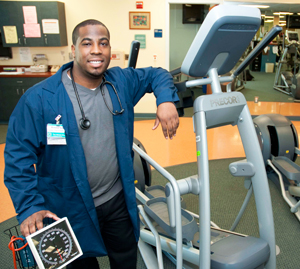 |
